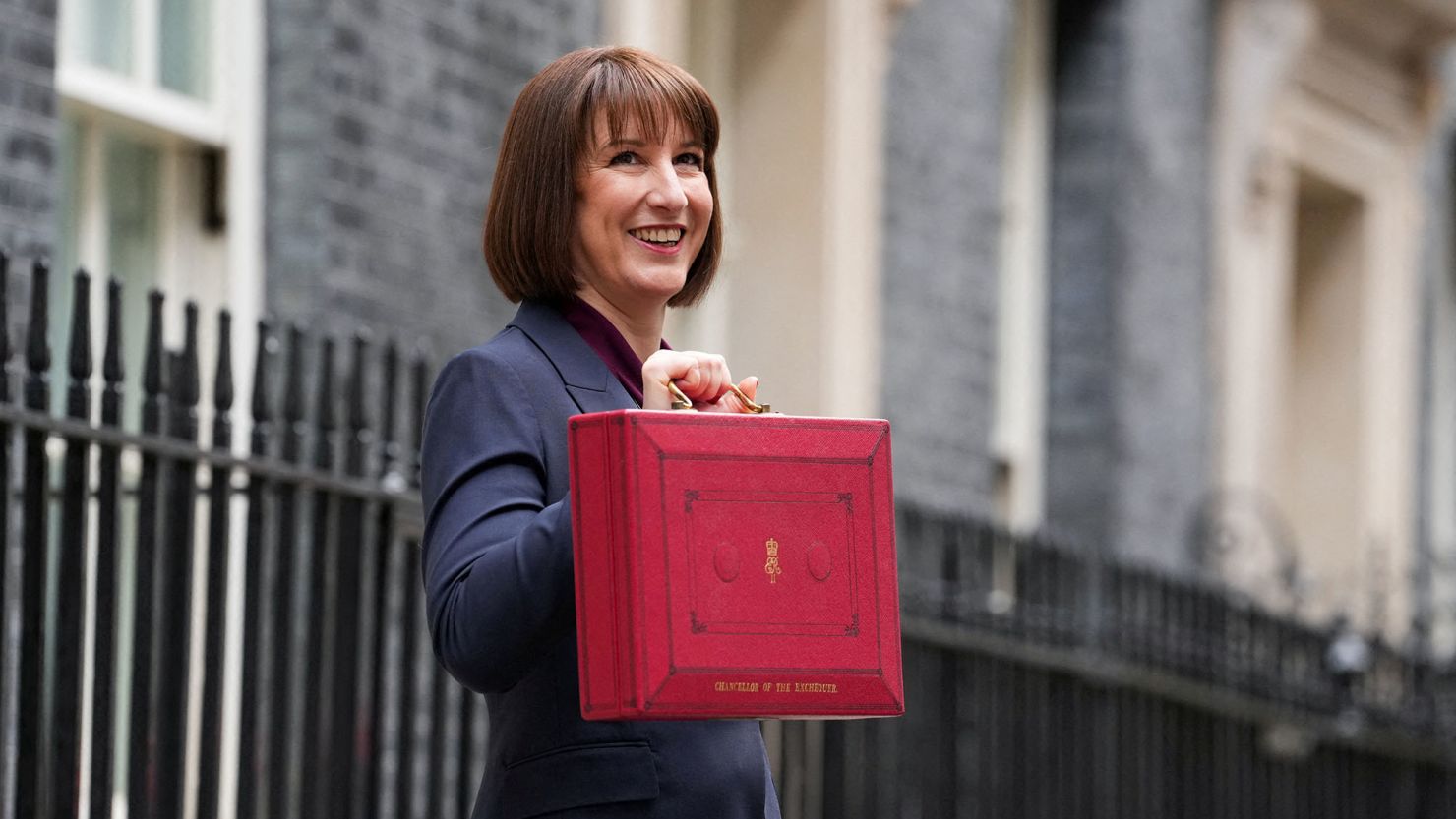While revealing the First budget statement of Labours Party, Britain’s minister Rachel Reeves added, “These significant taxes are going to help boost really important public services as we lift the economic burden on the shoulders that carried those burdens for years”. And hopefully, on that basis, the targeted businesses, together with the high earner community, do look toward soon after the financial meltdown from 2007-09, then one following Brexit, Covid, and increasingly high rates of energy, the UK to pull out of this economic doldrums.
This meant rebalancing the finances.
Reeves, Britain’s first female Chancellor of the Exchequer and former Bank of England economist cited the deplorable state of public services- whether it is the record NHS wait times or deteriorating infrastructure- ass motivation for the budget. She promised £40 billion in annual tax hikes, mainly to fill a “budget black hole” the previous Conservative government left. “Any responsible Chancellor would take action,” she said. “Today, I am restoring stability to our finances and rebuilding public services.”
Businesses Pay More in Taxes
One of her bold proposals, Reeves hiked social security contributions for employers by 1.2 percentage points to 15% effective next April. She cut the contribution threshold and expected that the changes would bring £25 billion annually by 2029. This would balance spending by 2030, but business lobbies have already complained. Will hit the ability to invest and ultimately make hiring people more expensive or giving pay rises,” Confederation of British Industry chief executive Rain Newton-Smith.
Investment Plan in the Public as well as the Private Domain
Reeves’ proposed budget plans have called for a colossal policy move as one would commit £100 billion in public investment over the next five years. This, however would come at a cost with the form of higher interest rates that could affect what is expected to be 2025 interest rate cuts from the Bank of England. Economists, on the other hand, think it is an investment worthwhile for long-term investments. As Ben Zaranko, an economist from the Institute of Fiscal Studies quoted, “Tens of billions of extra borrowing for investment might push up interest rates, but it’s a price worth paying for the long-term benefits.”.
She unveiled a list of tax-hiking proposals on capital gains, inheritance taxes, private equity firms, North Sea oil and gas companies, and luxury goods buyers. She ensured the individual income tax rate should not be raised more than this amount till 2029, kept the fuel surcharge constant, and restricted the beer draught served to pubs so that it was not beyond public and electorate tolerance level. Reeves said that there is a need for “a budget to start with” and assured that this time too, she will raise taxes at this margin.















